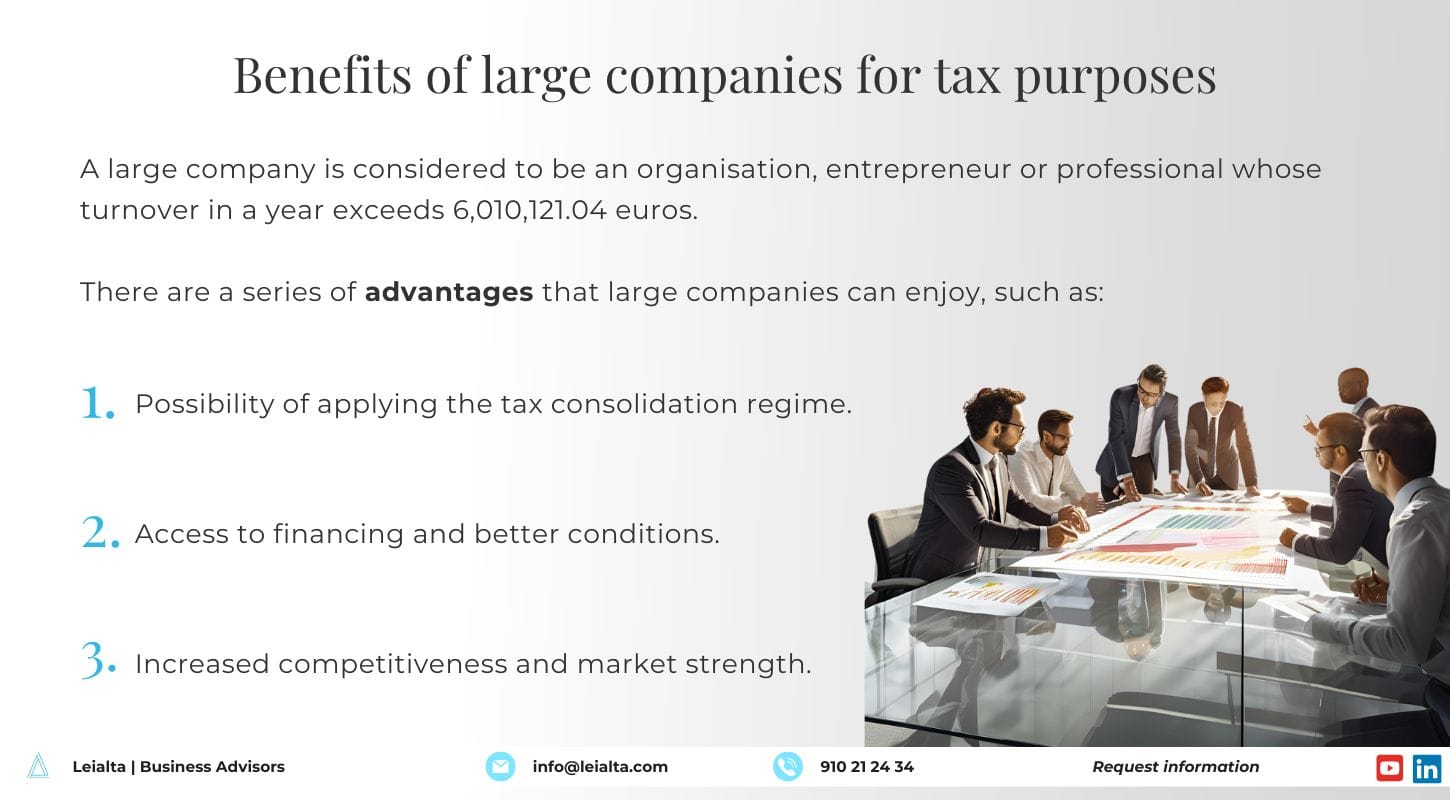
Hiring the wrong worker can cost a company up to three times the employee’s monthly salary, according to a study by job@talent. The recruitment process is one of the most complex processes faced by organizations and has become even more complicated with the introduction of remote working, which allows workers to be recruited from all over the world. The situation generates a lot of work for the human resources department, which can rely on a figure called Employer of Record. In this article we tell you what it is.
What is an Employer of Record (EOR)?
Index of contents
An EOR is a company that engages and pays one or more employees on behalf of another company. This helps organizations to engage with employees in all countries without the need to set up a local subsidiary or branch in the country where they want to hire workers.
For a long time, companies that wanted to have employees in other countries had to be based there, but technology and the means of communication that can be used have made it easier for other alternatives such as EoR to emerge.
Ways to access talent anywhere in the world
If you want to hire workers anywhere in the world, you have two alternatives:
- Hire freelancers or digital nomads, i.e. people who work remotely and change their residence frequently. In Spain, this figure is regulated in the Startups Act.
- Hire the services of a local legal employer (Employer of Record – EoR). This is a figure that is already consolidated in Anglo-Saxon countries and which began to be used in Spain as a result of the pandemic.
What does an EoR do?
Basically the EoR assumes all the functions of an employer and performs the following activities:
- Employee selection processes.
- Drawing up employment contracts in accordance with local labour regulations.
- Payroll management: calculation of salary, deductions and expenses.
- Paying taxes for each employee.
- Dismissing employees when deemed necessary by the company to which the service is provided.
- Carrying out employee onboarding processes.
- Pay social security payments.
- Manage the employee’s social security deregistrations and registrations.
- Manage the compensation attributed to the employee: health insurance, childcare vouchers.
- Advise the company on aspects related to the employee: notifications, rules for termination of the employment contract or preparation of severance payments.
Therefore, the EoR does not take on the task of organizing the employee’s work and does not supervise that work.
What are the benefits of EoR?
The contracting of this figure by your company can provide you with advantages such as the following:
- Speed. Setting up an office in a foreign country can take months, instead, hiring an EoR and employees in the host country can take only a few days.
- Cost savings. You do not need to set up a branch or subsidiary in the host country to start your business operations, but can hire employees through the EoR and start operations immediately. This will result in significant savings for your company as you will not face the costs of setting up a new entity.
- Reduced risks for your company because the employment contract is signed between the employee and the EoR. Between your company and the EoR there will be a contract for the provision of services.
- Adaptability. EoR can be used in the short term to meet one-off staffing needs and in the long term to create a workforce through a third party in a foreign country.
- Regulatory compliance. Each country has different regulations regarding visas and work permits for foreign workers, so hiring the services of an EoR will simplify the procedures as it will be the entity that complies with all local regulations and assumes responsibility for the payment of taxes and social security.
When can you use Employer of Record?
The figure of EoR – Employer of Record – can be applied in the following cases:
- You want to start working in a new foreign market without having to assume the structural costs of setting up a new company in the destination country.
- You do not know the local regulations regarding employment contracts or taxes.
- You need to reduce costs and grow in stages.
- You have to develop a specific project in another country with a start and end date and you need local employees.
Example of use: Employer of Record
Imagine that there is a company in Italy called ITA S.L. This company has an employee called Pedro who wants to work from Madrid indefinitely. The Italian company analyses the situation to proceed with the transfer of Pedro and sees that there are two alternatives:
- Create a head office in Spain that hires Pedro, which entails a high cost for the company.
- Hiring the services of an EoR that in turn hires Pedro and fulfils all labour, tax and social security obligations in Spain, without the need to create a head office in Spain. In this case, Pedro would continue to work for ITA, S.L., but the EoR would take care of his payroll and all the formalities related to the employment contract.
How to choose the Employer of Record – EoR
If you want to hire the services of an EoR you should consider the following aspects:
- The company’s experience in providing services of this type to companies similar to yours.
- Provision of services in several countries. In this case you will be able to scale your company not only in terms of size in each country but also from one country to another.
- Technology used by EoR to automate tasks and facilitate management.
- Specific services provided and their cost.
At LEIALTA we have a department specialised in labour consultancy that will help you with everything you need to comply with Spanish labour regulations. Contact us and discover our services.




